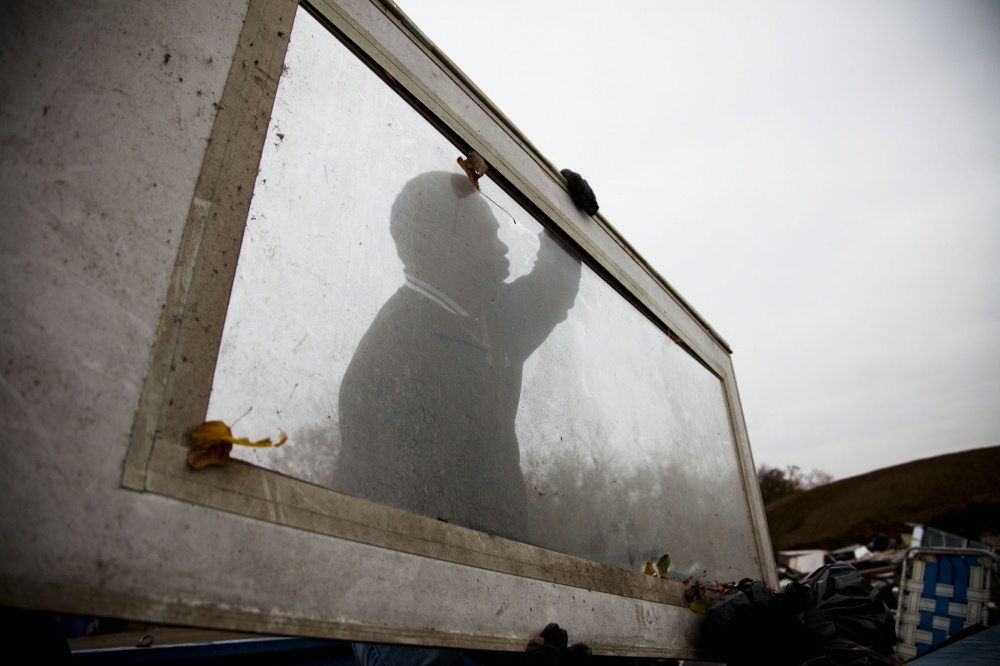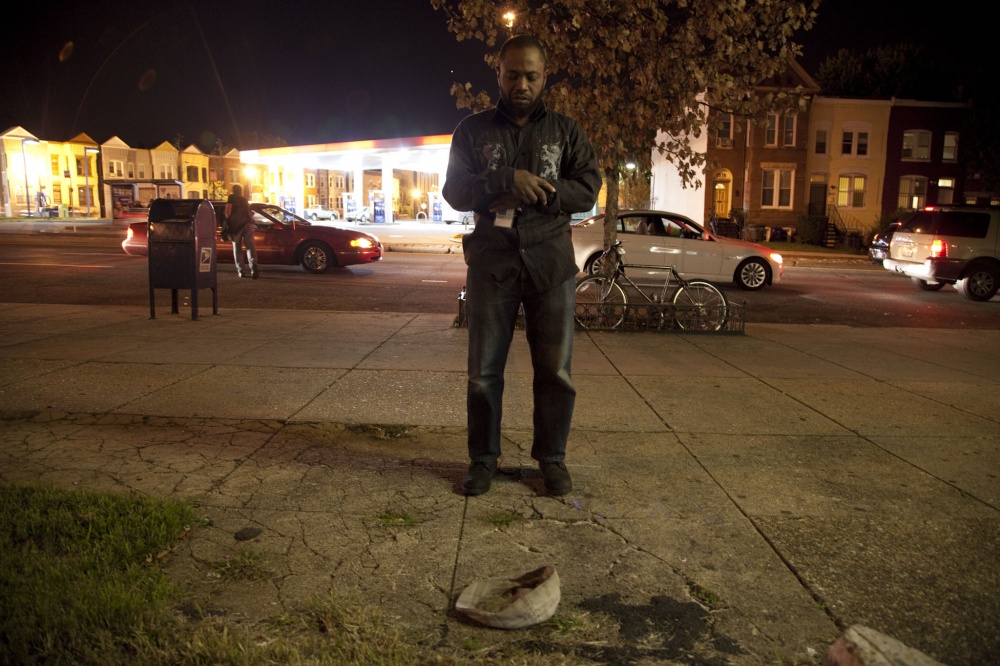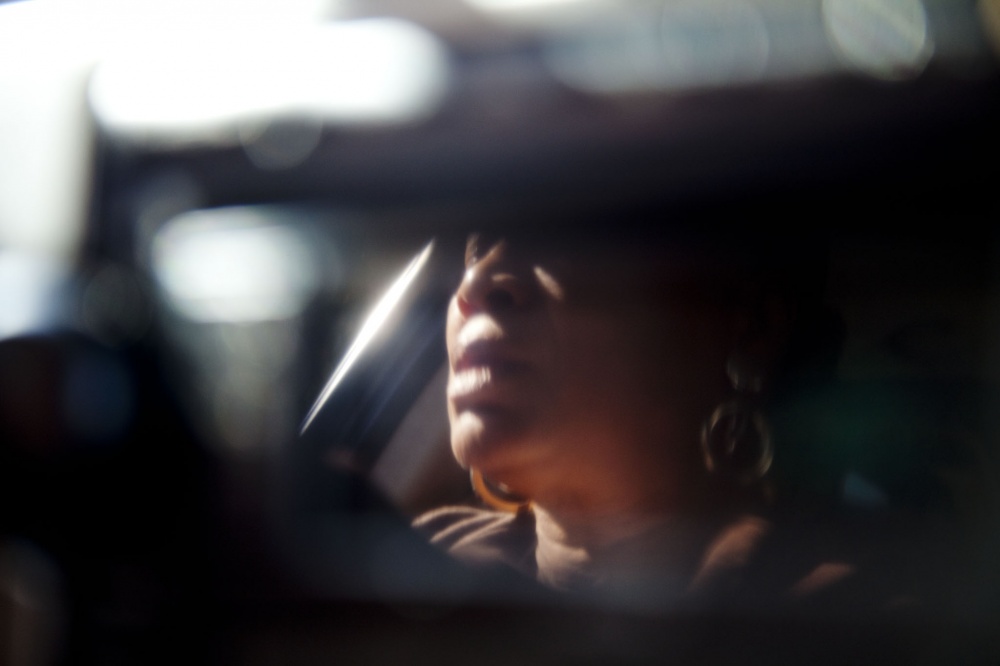In the United States, more than 5.1 people are confined in federal, state, county prisons or jails, or under some form of correctional control. According to the"¨ Pew Center “our nation has just five "¨percent of the world’s population, but confines over 23 percent of the world’s prisoners.”
An estimated 60,000 people in the District have criminal records, and about 8,000 of them return to the city each year after serving sentences in prison or jail. After just three years, some 4,000 will be back behind bars. (1)
“I was 24 years old. I left two beautiful children; I left their mother; I left my family; my mother, my sisters, my little brothers; I left everything; all types of opportunities…I left my whole world. My family was really affected…it’s not just me that you are locking up; my whole family was locked up. Incarceration is not good…if you are going to hurt the individual than hurt the individual, don’t do something that everybody is suffering”. (2)
The United States imprisons more of its racial minorities than any other country in the world. In Washington, D.C., three out of every four young black men are expected to serve some time in prison. In major cities across the country, 80% of young African Americans now have a criminal records. (3)
“What we don’t see are the ripple effects: For the generation of black children today, there’s almost an inevitable aspect of going to prison. For every person that is incarcerated, there are about ten people (children, family members, community, etc.) that are directly affected”. (4)
“The feelings, as a mother, of anguish and despair…I was not physically locked up, but I did my bit. For the past 16 and half years –mentally, emotionally, spiritually– I was locked up with him. The fear was devastating! People think that, even kids, they think that when they get into trouble that they are the only one who suffer going to jail, but it’s so untrue. I suffered, not one day; I suffered everyday!” (5)
Persons with an arrest or conviction record encounter significant barriers to reentering society that persist long after their criminal sentence is completed. Previously incarcerated persons are affected disproportionately by unemployment, lack of available housing, restriction to eligibility for public assistance and food stamps, substance abuse, and physical and mental health problems, among many others. Taken together, these lingering penalties are called collateral consequences. (6)
In the District of Columbia today, a criminal record is an enormous impediment to employment. Nearly half of previously incarcerated persons in the city may be jobless with little prospect of finding consistent work. Without a job, the path toward rehabilitation and economic security is far more challenging, increasing the likelihood of repeat offenses that keep individuals trapped in a revolving cycle of incarceration. (7)
1) The Council for Court Excellence, Reentry Report, 2011
2) Excerpted from an interview with a man who spent 25-years in prison.
3) Alexander, Michelle (2010). The New Jim Crow: Mass Incarceration in the Age of Colorblindness. New York: The New Press.
4) Marc Mauer, Assistant Director of the non-profit group Sentencing Project.
5) Excerpted from an interview with a mother of an incarcerated son.
6) The Council for Court Excellence, Reentry Report, 2011
7) ) The Council for Court Excellence, Reentry Report, 2011













































































